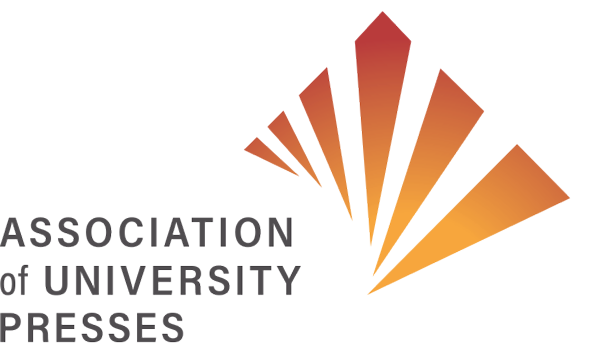Treasury Department Fails to Enact Constitutional Safeguards in New Syria Sanctions
A coalition of leading publisher and author associations has written to the Office of Foreign Assets Control (“OFAC”) of the Treasury Department demanding that it revise trade regulations that effectively prohibit American publishers from publishing books and journal articles written by Syrian authors.
The Association of American University Presses (“AAUP”), the Association of American Publishers Professional and Scholarly Publishers division (“AAP/PSP”), and PEN American Center (“PEN”) have condemned the portion of the amended and re-issued Syrian sanctions regulations dictating that American publishers may not enter into transactions for Syrian works not yet fully completed, may not provide “substantive or artistic alterations or enhancements” to Syrian works, and may not promote or market Syrian works.
“The Syrian Sanctions Regulations violate federal law and the First Amendment,” the letter states, “and by severely restricting the ability of American publishers to publish works by Syrian academics, dissidents, and opponents of the Assad regime and/or ISIS, make a terrible policy decision at odds with this country’s longstanding traditions at a time when the American public most needs to educate itself about Syria.”
In light of the important First Amendment values at stake, Congress twice passed laws making clear that OFAC has no authority to regulate “information or informational materials.”
In 2004, the coalition sued OFAC for similar trade sanctions governing works penned by authors in Iran, Cuba, and the Sudan. OFAC quickly revised those regulations and created a general license permitting all publishers to engage in any transactions “necessary and ordinarily incident to” publishing and marketing written works from those countries, with limited exceptions. When the coalition agreed to voluntarily dismiss the suit, OFAC stipulated that it would “take [similar] policy considerations into account in the event that it issues regulations pertaining to additional countries under trading sanction.” Despite that stipulation, OFAC failed to include such protections in recent Syrian sanctions regulations – imperiling the U.S. publication of many valuable political and scientific publications.
“It would be utterly self-defeating for the Administration to prevent U.S. publishers from releasing the types of works cited in our letter,” said Suzanne Nossel, Executive Director of PEN American Center. “These include a scholarly article, ‘Syria in Revolt,’ from a prominent Syrian intellectual, an English PEN award-winning anthology from Syrian writers and artists challenging the current culture of violence, medical articles on antibiotic resistance, and other scientific articles in peer-reviewed scholarly journals by highly regarded academics.”
“Syrian authors make vital contributions to the advancement of knowledge in numerous scientific fields, including medicine, geology, agriculture, and the study of ancient civilizations. It is imperative that Syrian scientists and doctors continue to be a part of the world community in their fields, and that American scholars continue to be able to collaborate with them,” said Mark Seeley of Elsevier, a member of PSP. “We encourage OFAC to swiftly revise the regulations to protect our member’s right to publish authoritative scholarship from across the globe in all fields of inquiry,” said Peter Berkery, Executive Director of AAUP.
Read the coalition’s letter to OFAC regarding the Syrian sanctions.
For more relevant materials from the 2004 lawsuit brought by the coalition against OFAC, visit the index of lawsuit documents and materials.
About the AAUP:
The AAUP counts among its members 137 nonprofit scholarly publishers affiliated with research universities, scholarly societies, research institutions and museums located in 42 states. Collectively, they publish almost 15,000 books each year and over 1000 journals in virtually every field of human knowledge.
About the AAP/PSP:
PSP’s members publish the vast majority of materials used in the U.S. by scholars and professionals in science, medicine, technology, business law, reference, social science and the humanities. PSP is a division of AAP, the leading trade association of book publishers.
About PEN American Center:
Founded in 1922, PEN American Center works to advance literature, to defend free expression, and to foster international literary fellowship. Its 3,500 distinguished members carry on the achievements in literature and advancement of human rights of such past members as James Baldwin, Arthur Miller, Susan Sontag, and John Steinbeck.
Media Inquiries:
• Mark Seeley, Elsevier, m.seeley@elsevier.com, (781) 663-2241
• Brenna McLaughlin, AAUP, bmclaughlin@aaupnet.org, (518) 436-3586
• Allan Adler, AAP, mbluestone@publishers.org, (202) 220-4558
• Sarah Edkins, PEN American Center, sedkins@pen.org, (212) 334-1660 x 4830
